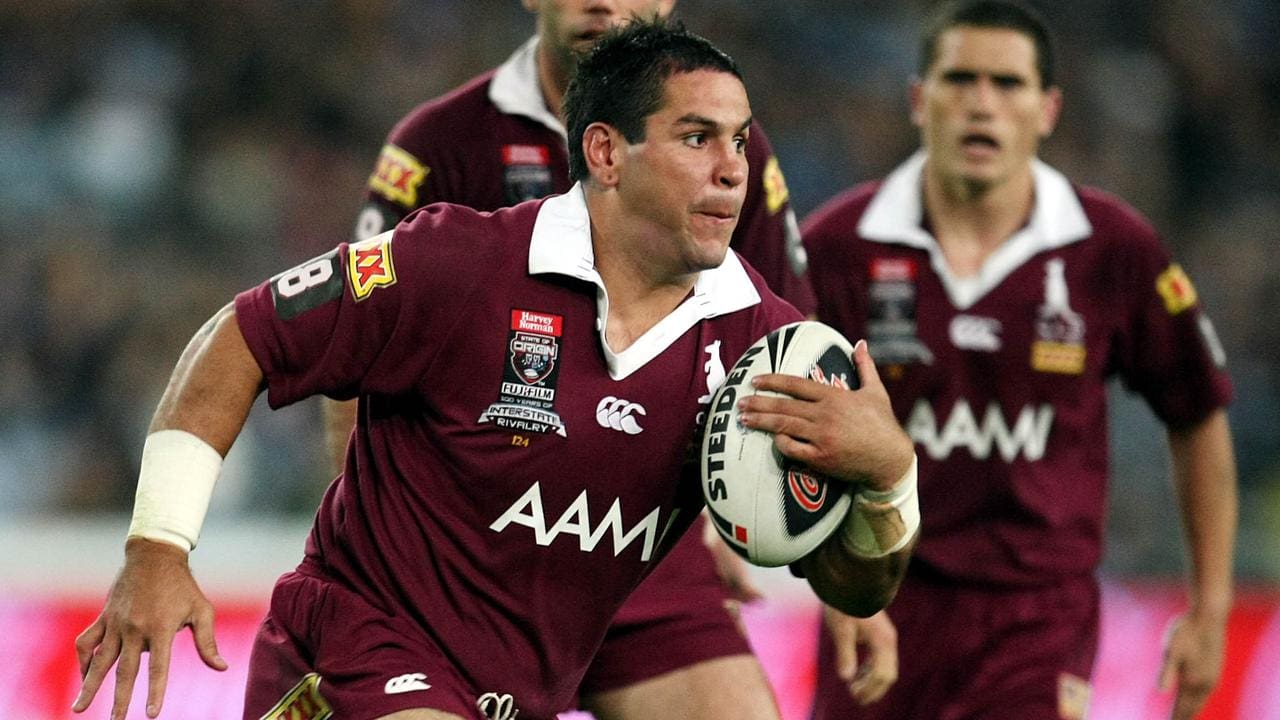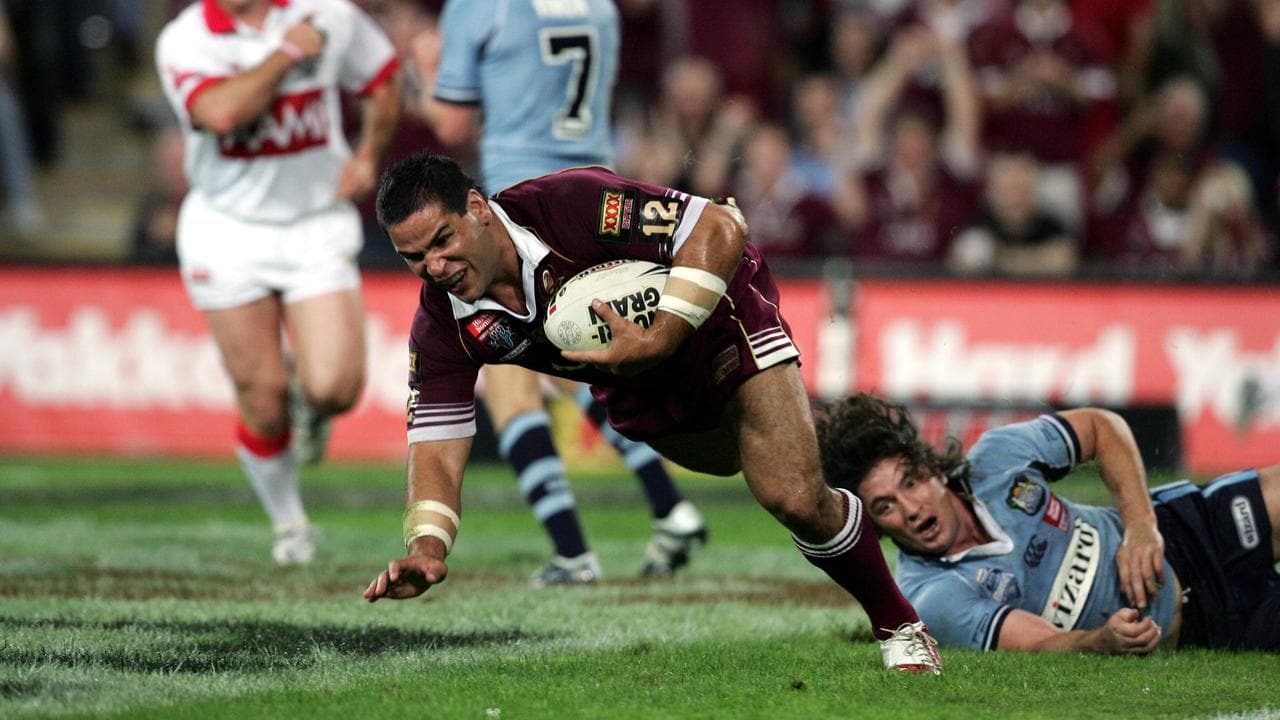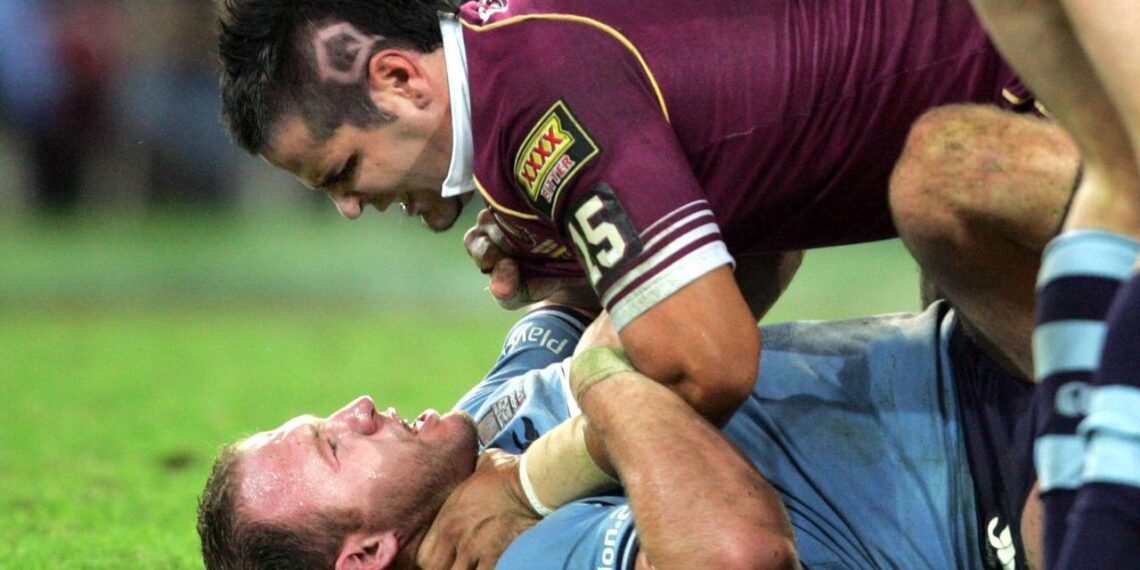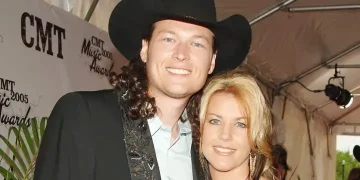In the 2000s and 2010s, Carl Webb, an Australian, participated in professional rugby league football as a prop, second-row, and lock. Webb was an NRL player for the Parramatta Eels, North Queensland Cowboys, and Brisbane Broncos.
Webb participated in State of Origin matches for Queensland, represented Australia internationally, and was a member of the Indigenous All-Stars team. Carl Webb, of Indigenous Australian and New Zealand origin, was born in Mount Isa, Queensland, Australia.
In the middle of the 1990s, Webb was a player for the Dalby Diehards in the Toowoomba Rugby League. He used to play for the Dalby first-grade team while he was a teenager, between the ages of 15 and 16.
What Happened To Carl Webb?
Carl Webb, a renowned player in the NRL, passed away at age 42. The Queensland State of Origin legend passed away on Thursday due to his fight with Motor Neurone Disease, according to confirmation from the NRL. Over his three years with the illness, which affects nerve cells that govern muscles and limits movement and speech, the father of four has seen his health worsen.
After a four-year struggle with motor neuron disease, former Queensland and Australian rugby league player Carl Webb passed away at the age of 42.

During his career, which includes 12 Origin matches for Queensland and one Test match for Australia in 2008, Webb, one of rugby league’s hard men, amassed 187 first-grade games while playing for the Brisbane Broncos, North Queensland Cowboys, and Parramatta Eels.
At the age of 39, the forward from Mount Isa was diagnosed with motor neuron disease in 2020. As the neurological condition worsens, the body’s muscle control cells are destroyed, making it harder for affected individuals to breathe, move, and speak. “Every action you take is like fighting,” Webb said to News Corp in 2021. “Day by day, I’m becoming worse.”
Webb’s four-year battle with the illness gained momentum on Thursday following his fall at his residence in Dalby, the Western Downs town of Queensland, where he was first noticed by a scout in 1996 when he was fifteen years old and weighing 108 kg.
As a youngster, the large back-rower left the Toowoomba Clydesdales to play with the Brisbane Broncos. At the age of 19, he made his first-grade debut in 2000. Coach Wayne Bennett recognized his talent right away and included him in the Queensland team the following year.
The 20-year-old Webb made an instant impression on a young team known as “Bennett’s Babes” during his 2001 Queensland Origin debut, charging through multiple Blues players to score an incredible try. It made Webb a notorious member of the State of Origin and spurred the Maroons to an unexpected victory against NSW at Suncorp Stadium.
Webb’s reputation as a player was equaled by the terror he instilled in the opponents. In his teenage years, he had won a state boxing championship. Due to old habits, he was punished for punching during the Cowboys’ 2005 NRL Grand Final loss to Wests Tigers.
Webb left the Broncos after 66 games and 21 tries that season. He later signed with the North Queensland Cowboys, where he played 115 games over six seasons until making his breakthrough in the 2008 Centenary Test match against New Zealand.
Webb’s final season as an NRL player was with the Parramatta Eels in 2011, but injuries took their toll, and he played just six games before retiring. Webb had played for the Indigenous All-Stars in their debut encounter in 2010.

The previous year, Webb had made a comeback to boxing, and on the undercard of Anthony Mundine, he made his professional debut in January 2010 against heavyweight Scott Lewis. However, he lost the fight, and before the decade was up, he was living in a specially designed Brisbane apartment with motor neuron disease—a mere torpedo punt from his Origin exploits at Suncorp Stadium.
Carl’s bravery will have moved everyone who has seen his battle, according to Australian Rugby League Commission (ARLC) Chairman Peter V’landys. He was among the hardest forwards to play in his day, a fierce competitor and player. He was physically intimidating and unsurpassed in his aggression.
He displayed every ounce of that fortitude after learning that he had motor neuron disease. I offer my condolences to Carl’s family, friends, and everyone who enjoyed playing with or knowing him on behalf of the Commission. In 2021, Webb established the Carl Webb Foundation. There are four children left behind.





